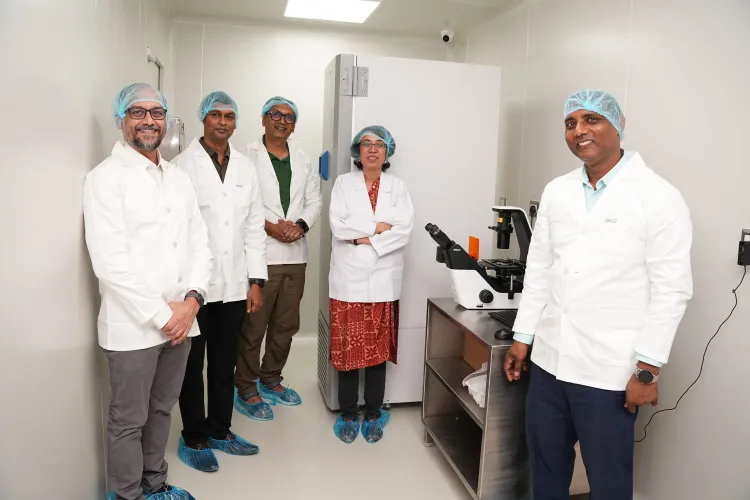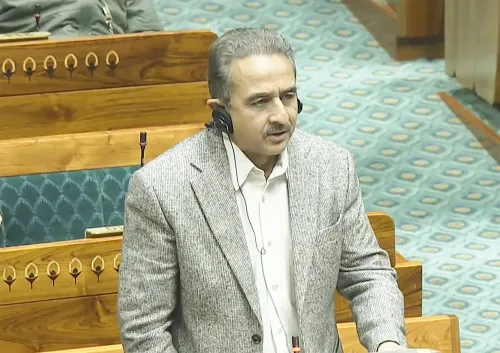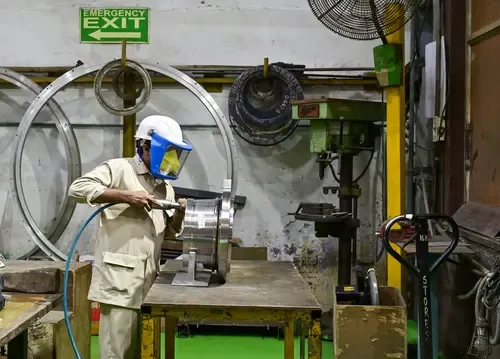How is IIT Delhi Enhancing Research with a New BSL3 Lab?

Synopsis
Key Takeaways
- The BSL3 lab enhances research on class-3 pathogens.
- It supports innovation in medical diagnostics and therapeutics.
- Collaboration opportunities with medical institutes across India.
- Accessible to both academia and industry on a paid basis.
- First facility allowing direct device testing on-site.
New Delhi, Aug 20 (NationPress) In an effort to transform the landscape of biomedical and clinical diagnostics research, the Indian Institute of Technology (IIT) Delhi has officially launched a Biosafety Level 3 (BSL3) facility. This state-of-the-art lab is set to promote research on diagnostic devices and therapeutics pertaining to class-3 pathogens, making it a pioneering initiative among prestigious educational institutions in India.
This accomplishment signifies a significant advancement in India's biomedical research capabilities, further solidifying IIT Delhi's dedication to fostering innovation in healthcare technology.
“This new research and testing facility will empower innovation in medical diagnostics and therapeutics, supporting IIT Delhi’s mission to serve both academia and industry in the field of healthcare research. It will create numerous opportunities for collaborative research with medical institutions in NCR and throughout India,” remarked Prof. Arvind Nema, Deputy Director (Operations), IIT Delhi.
Situated within the Micromodel Complex on the IIT Delhi campus, the newly inaugurated facility operates under the umbrella of the Central Research Facility (CRF). Researchers from both academia and industry can access it on a paid basis, according to CRF regulations for short to medium-term use.
The BSL3 facility offers substantial advantages to startups and MSMEs, allowing them to bring their hardware and personnel into the lab for swift iterations without the need to invest in specialized facilities.
“We are thrilled to add a new dimension to the medical diagnostics landscape at IIT Delhi. This facility marks the first instance in India where users can bring their medical devices inside the lab for testing, supervised by trained professionals skilled in handling class-3 pathogens. This enables hardware and software engineers to debug and refine their diagnostic platforms on-site,” stated Prof. Sandeep K. Jha from the Centre for Biomedical Engineering, who oversees the facility.
“Previously, this type of assisted access was unavailable in the country, forcing device developers to send their products to specialized BSL3 and BSL4 labs for testing, which hindered quick fixes and improvements in device performance,” added Prof. Ashok K. Patel from the Kusuma School of Biological Sciences at IIT Delhi, who co-led this initiative.










